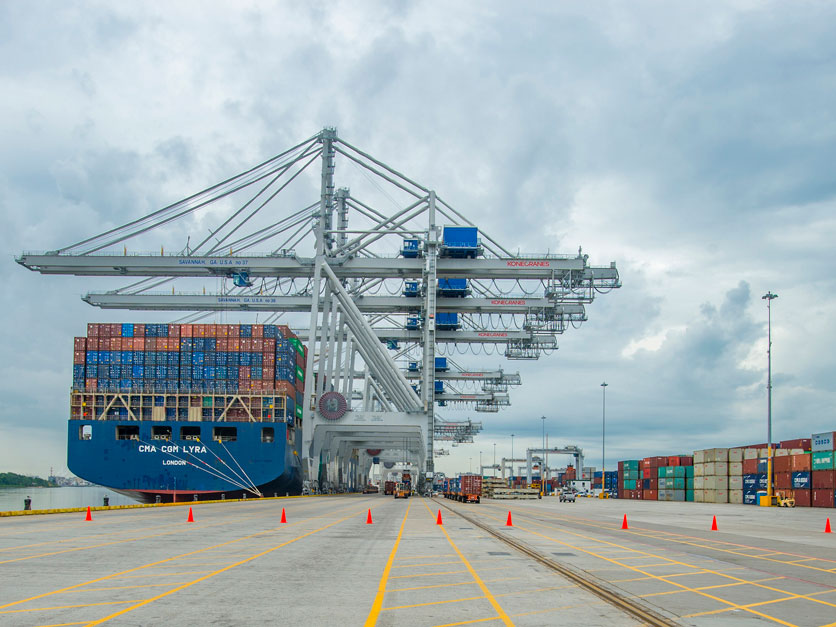The halt in operations at the ports of Los Angeles and Long Beach was brief and union workers are now back on their jobs, but the stoppage at the largest port complex in the U.S. created a scare for U.S. meat exporters and their foreign customers, according to U.S. Meat Export Federation spokesman Joe Schuele.
Oakland is the largest port for U.S. meat exports, but there is a lot of beef and pork that flows through the Southern California ports to Japan, South Korea, Taiwan and other countries.
The threat is the highest for chilled product – as opposed to frozen – because of the shorter shelf-life.
“Even short-term interruptions like this are cause for concern and they seem to be happening with more frequency as contract negotiations drag on,” Schuele said.
The International Longshore and Warehouse Union did not give any specific reason for the work stoppage that shut down both ports on Thursday. The Pacific Maritime Association – a group representing the employers of shipping companies – is in prolonged and contentious contract negotiations with the union. PMA announced the work stoppage on Friday and then wrote a tweet Sunday night, noting that, “Labor has been filling positions at the Ports of Los Angeles and Long Beach, and work at the terminals has resumed.”
While the shutdown of the ports was not long, it may have added to the uncertainty that foreign buyers have for sourcing from the U.S.
And when it comes to chilled beef and pork exports, U.S. shippers are forced to use West Coast ports because they are mostly exporting to Asia.
Don’t miss a beat! It’s easy to sign up for a FREE month of Agri-Pulse news! For the latest on what’s happening in Washington, D.C. and around the country in agriculture, just click here.
“For example, our ability to ship chilled pork to Japan gives us an advantage over Europe,” said Schuele. “The buyers will pay a premium for chilled, but they tend to get nervous when there are delays and uncertainty. And you don’t have the option to go out of the Gulf or East Coast. If it’s going to Asia, you can’t ship chilled beef out of Houston or New Orleans … It doesn’t work that way.”
Australia and Canada are competitors with the U.S. when it comes to selling chilled meat to Asia and USMEF wants the uncertainty of the contract talks to end.
“We’re definitely concerned about it and we’d like to see those contract negotiations come to a conclusion,” Schuele said.


